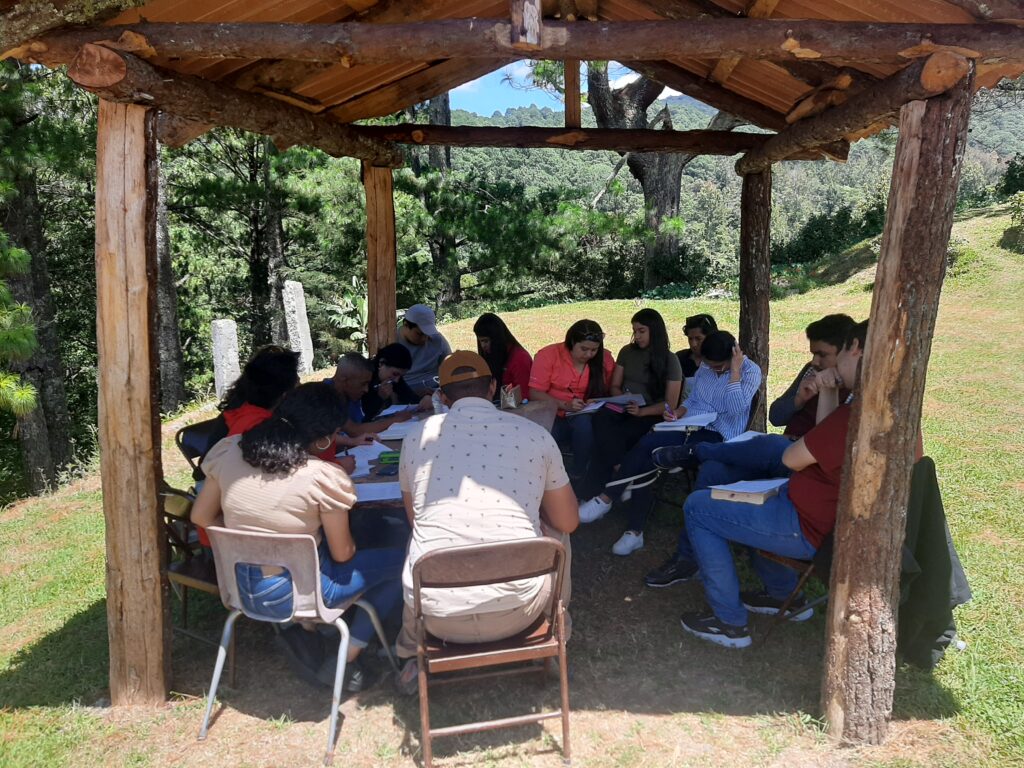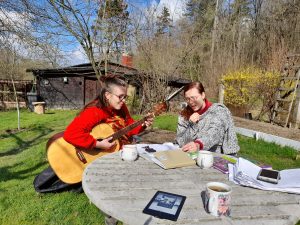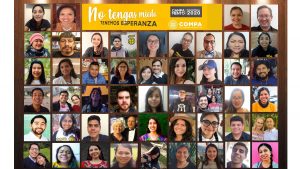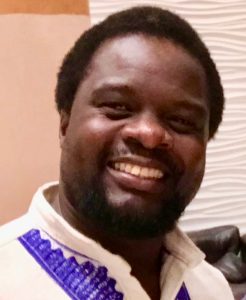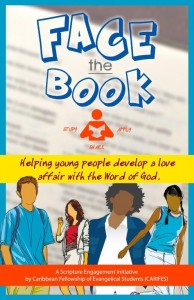Trained to train others…
During the training I received as one of the Latin America Scripture engagement multipliers, I had the opportunity to engage with how we can address contemporary challenges in the light of Scripture.
The 6 steps we followed:
1. Consider a contemporary issue and listen to others.
2. Reflect on the details and significance of the issue.
3. Look for connections, values, and causes.
4. Ask, as a Christian, why you are concerned about this issue.
5. Examine the Scriptures.
6. Establish practical and creative ways to help people learn more about how the Bible dialogues or responds to this issue.
I had the opportunity to pass on what I had learned to our students during our leadership training event: The University: my context for mission [Community of Christian University Students in Honduras (CCUH)]. Together with a colleague, we led a workshop on Creative Evangelism where we wanted to remind students of the power of God’s Word in evangelism and how it guides us when facing the issues being discussed in university hallways.
Knowing our context, sharing the Word
To prepare for this training event, we conducted a survey to learn about conversations that are taking place in our universities. We identified topics such as: sexuality, self-esteem, politics, creation care, and mental health, among others.
In the workshop, students used the remaining steps in their reflections and then prepared an evangelistic project based on one of these themes. They reflected on what Scripture says and put together a creative way to share it with non-Christians, in particular.
During the workshop we talked about our call to evangelize and how each day it becomes even more necessary to study our context when doing so. We reflected on how contemporary issues can become a gateway that allows us to lead people to encounter the Lord in the Scriptures.
Once the projects were planned, the students worked on preparing the necessary material and had the opportunity to put some of them into practice on the mission day, which is part of our program at the national camp.
We learnt that, if we have a personal and communal commitment to the Scriptures, inevitably the Gospel will permeate each of our conversations in the university. Even when dealing with topics that seem difficult to address, Scripture has the authority to speak to each of them. We must be dedicated in learning how to read our context, be good listeners, prepare ourselves, and look for creative ways in which people can have a personal encounter with the Word of God.
Rocio Castillo
CCUH Staff
Christian Community of University Students in Honduras (CCUH)


